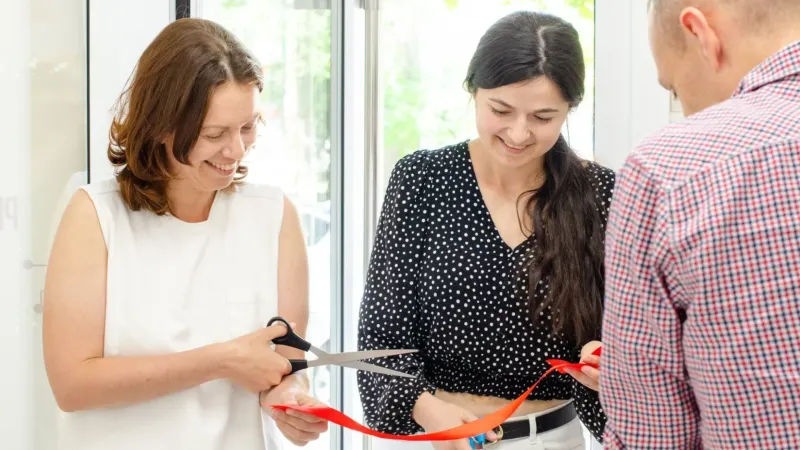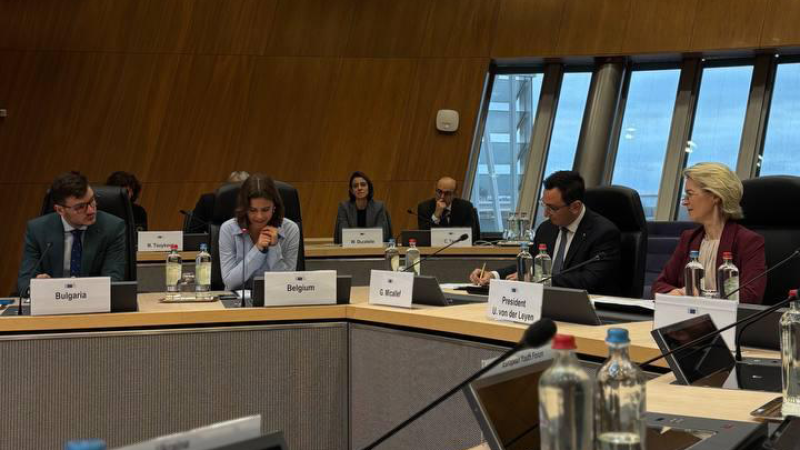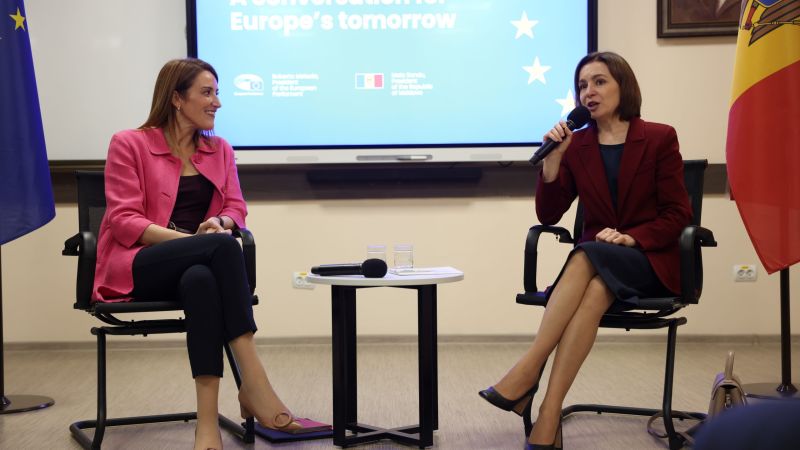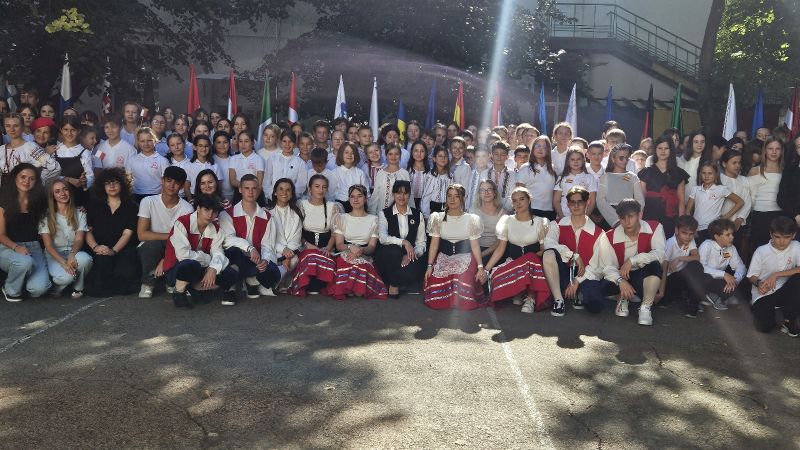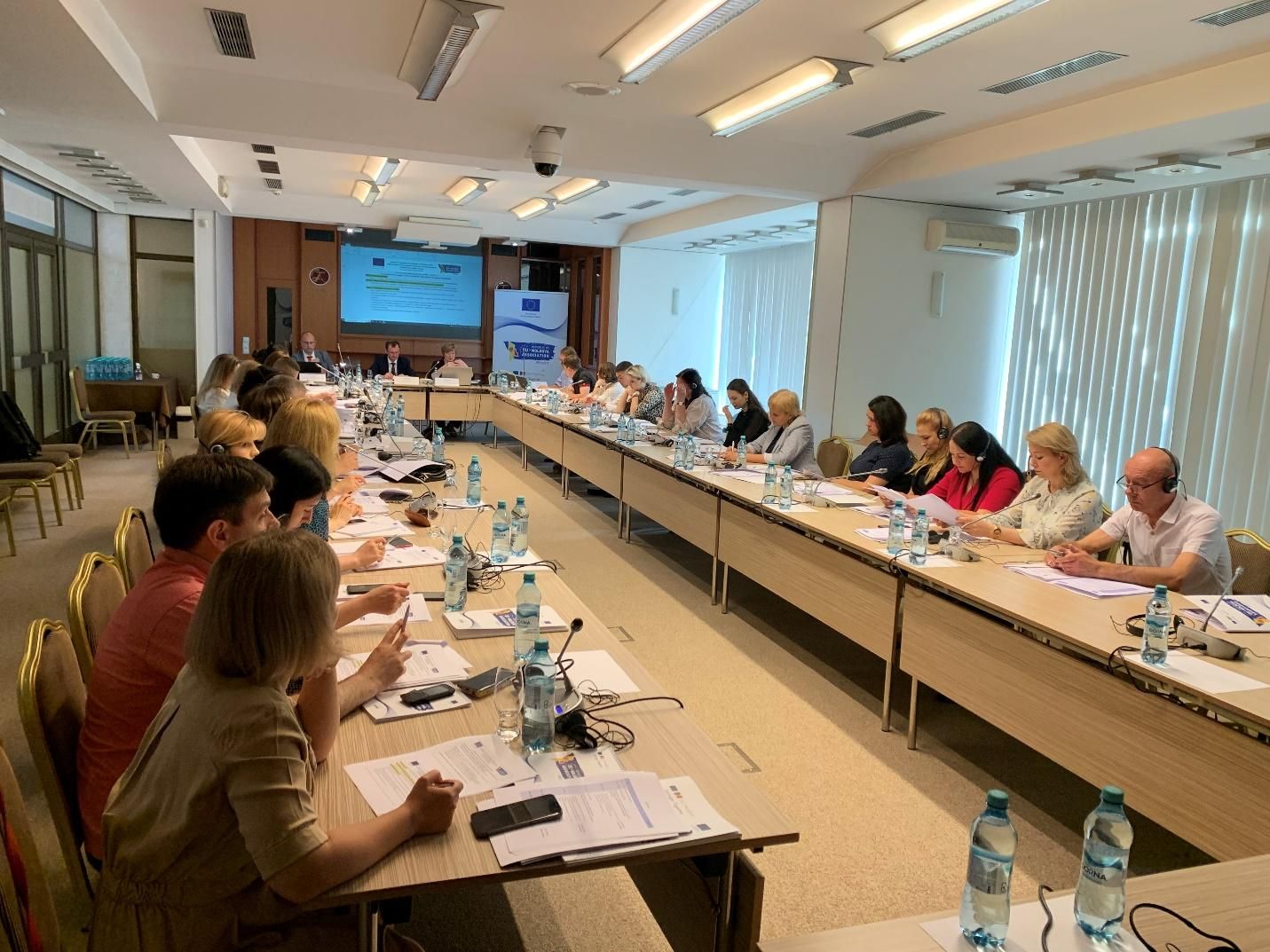
Funcționarii Parlamentului Republicii Moldova – instruiți în domeniul aproximării legislației UE
La 13 iunie 2022, peste 30 de membri ai personalului Parlamentului Republicii Moldova au participat la un seminar de formare care s-a axat pe diferite aspecte ale aproximării legale cu UE, legate de implementarea Acordului de Asociere UE-Republica Moldova (AA). Seminarul a fost organizat în cadrul proiectului finanțat de UE „Sprijin pentru dialogul politic structurat, coordonarea implementării Acordului de Asociere și îmbunătățirea procesului de aproximare legală”. Printre participanți s-au regăsit reprezentanți ai Direcției Generale Juridice a Parlamentului, ai Comisiei politică externă și integrare europeană, ai Direcției informațional-analitică, precum și alte comisii. La seminar au participat, de asemenea, mai mulți membri ai personalului Centrului de Aproximare Juridică (Cancelaria de Stat).
Primul modul a vizat diferite aspecte ale AA al Moldovei și alte angajamente ale UE care au un impact asupra aproximării legale. Angajamentele Republicii Moldova privind aproximarea legală cu cea din UE sunt stipulate în AA și în anexele acestuia. Cu toate acestea, actele juridice ale UE sunt în mod constant amendate sau abrogate iar noi acte juridice ale UE sunt adoptate. Prin urmare, AA prevede o aproximare dinamică, care presupune actualizarea și amendarea anexelor AA de către organismele de lucru ale AA (cum ar fi Consiliul de asociere UE-Moldova).
Printre alte surse ale angajamentelor UE – Moldova, se numără Agenda de asociere UE-Moldova, Tratatul Comunității Energetice, Acordul privind Spațiul aerian comun european, criteriile de referință ale mecanismului de suspendare a vizelor, acordurile de asistență macrofinanciară și de sprijin bugetar ale UE. Noua Agendă de asociere UE-Moldova, care acoperă perioada 2021-2027, este preconizată a fi adoptată până la sfârșitul anului 2022.
Cel de-al doilea modul a fost axat pe planificarea și monitorizarea procesului de aproximare la legislația UE și pe rolul instituțiilor naționale din Republica Moldova, inclusiv al Parlamentului, în cadrul acestor procese. De la obținerea statutului de stat candidat la UE, domeniul de aplicare al obligațiilor de armonizare a legislației UE s-a extins în mod semnificativ pentru a include toate actele juridice ale UE și jurisprudența relevantă (acquis-ul UE) structurate în 35 de capitole, fără a include doar acele acte juridice ale UE enumerate în AA. Prin urmare, Guvernul trebuie să întocmească un document național de planificare strategică în ceea ce privește planurile sale de aproximare la acquis-ul UE, și anume Programul național de adoptare a acquis-ului (PNAA). În această privință, Parlamentul are două roluri principale: 1) rolul legislativ – de a adopta legislația necesară care aproximează actele juridice specifice ale UE, și 2) rolul de supraveghere – de a examina implementarea de către Guvern a angajamentelor asumate de Moldova față de UE, în special a planurilor de aproximare legală.
Pentru a dezvolta PNAA, Guvernul trebuie de asemenea să dezvolte mecanismul de coordonare necesar format din 35 de grupuri de lucru (câte unul pentru fiecare capitol din acquis-ul UE), similar cu mecanismul de răspuns la chestionarul UE. De asemenea, au fost analizate procedurile legislative ale Parlamentului pentru armonizarea legislației UE, precum și experiența relevantă a Letoniei, Serbiei, Ucrainei și Georgiei.
Cel de-al treilea modul a vizat aspecte cheie ale aproximării legale UE: fazele procesului de aproximare, metodele și tehnicile de aproximare a unui act juridic al UE în legislația națională, transpunerea actelor juridice ale UE și instrumentele de aproximare legală. De asemenea, seminarul a pus accentul pe rolul aproximării legale ca parte a sistemului național de planificare a politicilor publice. În acest sens, au fost prezentate exemple din Letonia, Serbia, Ucraina și Georgia.
Acesta este unul dintre numeroasele seminare organizate pentru Parlament în cadrul proiectului finanțat de UE „Sprijin pentru dialogul politic structurat, coordonarea implementării Acordului de Asociere și îmbunătățirea procesului de aproximare legală”, care este implementat de un consorțiu gestionat de DAI pentru o perioadă de implementare de cinci ani, până în iunie 2025. Acest proiect finanțat de UE a organizat o serie de seminare de formare pentru personalul Parlamentului și pentru deputați, care au fost convenite cu Parlamentul și incluse în Planul de formare și consolidare a capacităților Parlamentului pentru anul 2022.

